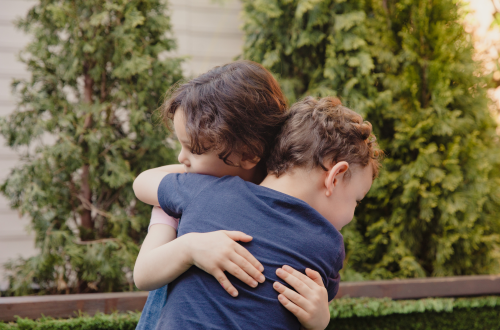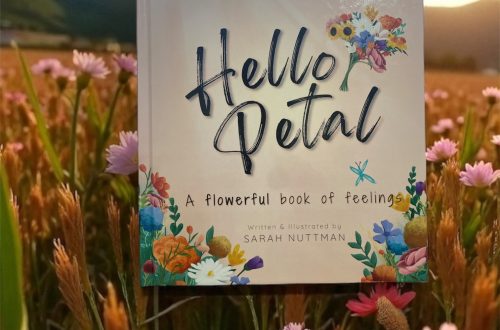
Why Emotional Literacy Starts in Early Childhood
When we talk about early learning, we track letters, numbers, and colours.
But understanding and naming emotions—emotional literacy—is equally vital.
It supports empathy, resilience, and communication—and it starts long before school does.
1. 🧠 The Critical Early Years
The Australian Early Years Learning Framework (EYLF) defines emotional literacy as foundational—woven into wellbeing, identity, and communication in the first years of life.
Psychologists describe it as part of the first 1,000 days, a period they consider the most important stretch in a person’s life for shaping future mental health and relational skills. During this time, the brain is rapidly forming over one million neural connections every second (Harvard University Center on the Developing Child, 2023).
2. 🚸 School Readiness at Risk
The 2024 Australian Early Development Census (AEDC) reports the highest proportion yet of children starting school with vulnerabilities in emotional regulation and social skills—an alarming trend worsened by pandemic disruption.
Without early emotional tools, children may experience:
- Higher rates of anxiety or behavioural challenges
- Difficulty forming friendships
- Lower focus and engagement in the classroom
As parenting educator Maggie Dent explains:
“Kids can’t learn well when their hearts are hurting or their feelings are out of control.”
3. 📚 The Role of Stories in Emotional Literacy
Stories give children a safe and engaging way to:
- See emotions played out in characters
- Hear the language for different feelings
- Practice empathy by imagining another’s perspective
Because children process visuals before they can read words, picture book illustrations carry enormous teaching power. A slumped posture, a bright smile, or a comforting hand on a shoulder can communicate empathy without a single sentence.
Australian educator and author Gen Muir (Connected Parenting) emphasises that reading stories about feelings helps children “make sense of their own inner world while connecting with yours.”
4. 👩👧 How Parents and Educators Can Help
You don’t need a psychology degree to nurture emotional literacy. You simply need presence, patience, and everyday moments.
Practical ideas:
- Choose books that name feelings clearly
- Ask open questions like “How do you think they feel right now?”
- Model calm responses when emotions run high
- Offer comfort before correction, so children feel safe to share
Queensland’s Department of Education notes that consistent, gentle conversations about emotions—through stories, role play, and daily routines—build stronger self-regulation skills before school begins.
5. 🌸 Why I Wrote Hello Petal
I didn’t write Hello Petal as a clinician or an academic.
I wrote it as a mum.
A mum watching her children navigate big feelings with small words.
A mum who wanted something soft, safe, and beautiful to help them name, understand, and accept every emotion—joyful, messy, or tender.
In Hello Petal, each flower represents a different feeling. Some are bright and loud, some quiet and gentle—but all belong.
Because that’s true for us, too.
My hope is that Hello Petal will become one of those small, daily tools that helps little hearts grow confident, compassionate, and connected—long before they step into a classroom.
💌 Preorders close August 31 — grab your copy today.
🌼 Preorder over on my Etsy shop
📦 Free local pickup in the Adelaide Hills with code LOCALPICKUP
📚 References
- Australian Early Years Learning Framework, ACECQA (2018)
- Australian Early Development Census (2024)
- Harvard University Center on the Developing Child (2023)
- Queensland Government – Developing Your Child’s Emotional Literacy
- Maggie Dent – Parenting educator and author
- Gen Muir – Connected Parenting





